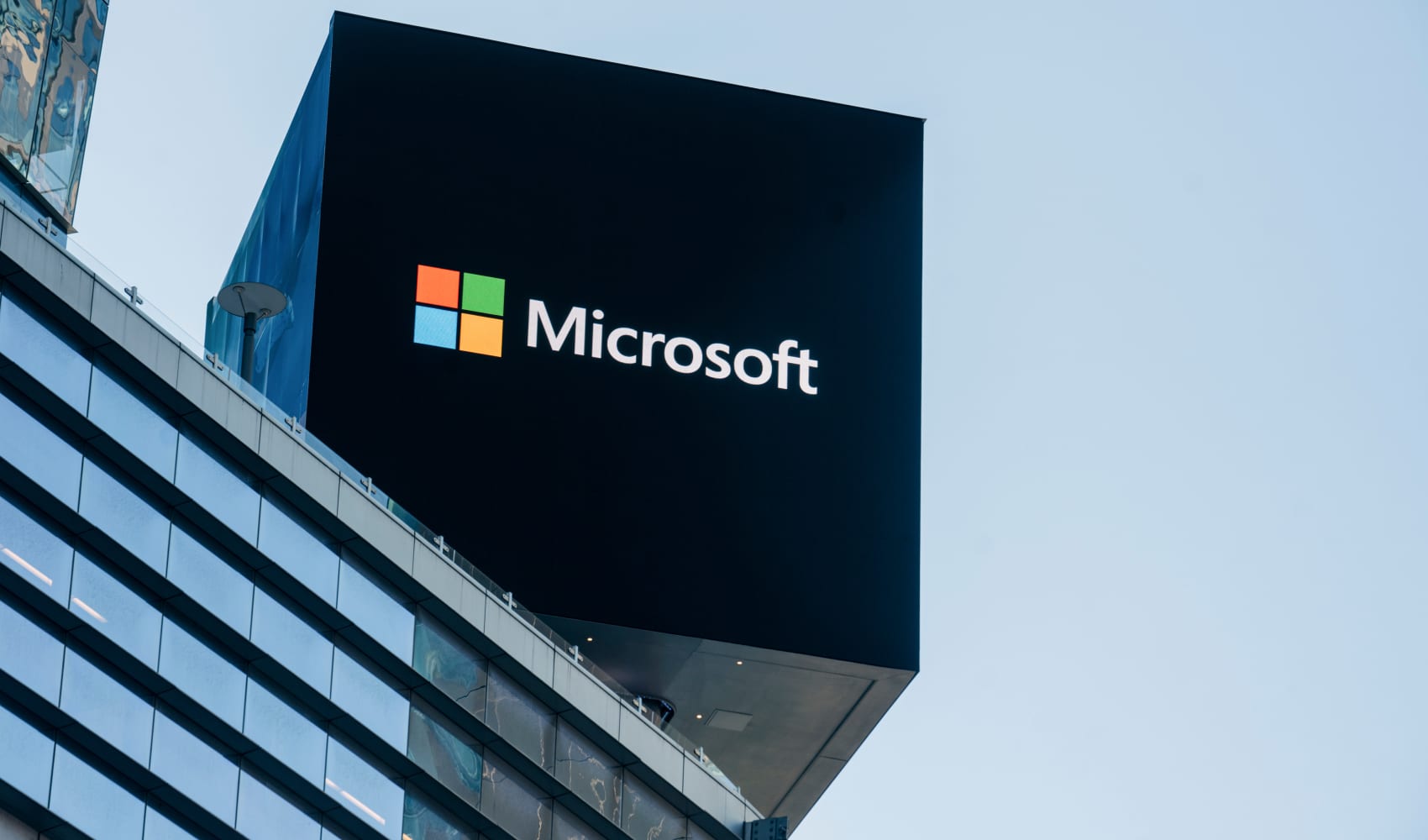
What's the best age for kids to start using social media?
Parents have struggled to answer this question for years — and it's taking on a renewed urgency after this week's warning from the U.S. Surgeon General Vivek Murphy that social media presents a "profound risk" for the mental health of adolescents and teens.
WATCH ANYTIME FOR FREE
Stream NBC10 Boston news for free, 24/7, wherever you are. |
The message from the surgeon general is clear: Regular social media use can dangerously alter kids' brain development, even children who meet most platforms' minimum age requirement of 13.
"I certainly don't think anyone under 13 should be using it," Dr. Mitch Prinstein, a clinical psychologist who serves as the American Psychological Association's chief science officer, tells CNBC Make It. "Unfettered access, without any screen controls or [parental] monitoring, that should probably be delayed for as long as possible — certainly, until at least 16."
Get updates on what's happening in Boston to your inbox. Sign up for our News Headlines newsletter.
Murphy's warning, which came with recommendations for how the tech industry can revamp social media platforms to make them safer, follows a similar health advisory issued by the APA earlier this month.
Prinstein and the APA are adamant that it's difficult to pin down an exact age when regular social media use is safe, because every child matures at different rates. But when it comes to the idea of simply handing your child a smartphone and allowing them full access to social media, most experts urge caution.
That's easier said than done, especially when all your kids' friends have social media accounts. Here's what you need to know.
Money Report
Why social media is dangerous for kids' brains
Children aren't simply smaller adults, Murphy's report noted — their brains function differently, and can be vulnerable during the developmental phase of adolescence.
Sleep deprivation can be more dangerous for adolescents than adults, for example. So can disruptions that keep kids from doing their schoolwork or engaging in real-world social interactions.
Social media is practically built for those types of disruptions: Most platforms' algorithms are built to drive maximum engagement, and 50% of teens report at least one sign of clinical dependency on social media, recent research shows.
That means "they can't quit even when they try, or they're going to extreme measures just to make sure they'll have continued access," Prinstein says.
That's not to mention the prevalence of cyberbullying, discrimination, hate speech and posts promoting self-harm that teens could regularly interact with, according to the APA. Such content is harmful to both its intended targets and "anyone who is witnessing those posts, as well," says Prinstein.
But the solution may not be a complete removal of adolescents and young teens from social media.
Adolescents can use those platforms to help their social development, engage in civic activism and experience forms of representation by following or befriending people who share an "underrepresented identity," Prinstein says.
Don't give into peer pressure from other parents
If you're on the fence about whether your child is ready to be on social media, Prinstein has some simple advice: "Wait as long as you can."
"The science suggests there's more risk to adolescent brains than there is benefit to their social lives," he says.
Don't let what other parents let their kids do factor into your decision, either. You might fear that your child will be ostracized or left behind if they're the only one who isn't on TikTok or Instagram — but that fear is overblown, says Prinstein.
Giving into that form of peer pressure could create a self-fulfilling prophecy, where more and more parents allow their children on social media because everyone else is doing it.
"We have no psychological science demonstrating that kids will suffer for not being on social media," Prinstein says. "Everyone's afraid they'll be the only one [keeping their child off social media], which is creating a situation where everyone is on."
Have an ongoing conversation with your children
Once your child is on social media, have an open and honest conversation with them about how to use it healthily, says Prinstein. Then, check in regularly with them over time.
Topics for that conversation can include:
- Social media is not real life
- "Likes" can be misleading, especially when users like their friends' posts reflexively
- Misinformation and disinformation are everywhere, so learn to fact-check
- Don't waste your day passively scrolling
- Use social media to engage with friends in real conversation
- Avoid unhealthy comparisons to other people online
- Recognize and critique examples of online discrimination and hate speech
It's also important to talk to your child about why social media exists in the first place, Prinstein says: Yes, it's an amazing, free tool that lets you connect with people and get access to information. It's also run by a tech company collecting data to turn a profit, while using algorithms that push specific content in front of you.
"That really helps adolescents take a much more critical eye of saying, 'Wait a minute, am I doing this for me? Or am I doing this because someone else made me do it?'" Prinstein says.
Monitor the amount of time kids spend on social media
When kids first hit social media, limit them to 30 minutes per day, advises Prinstein.
That might seem like a small amount of time, especially to your teen, but researchers say it's a reflection of social media's inherent dangers for adolescents who aren't ready for them. "It's just not fair to provide them with something that they're ill-equipped to handle," Prinstein says.
Many phones and apps allow you to set screen-time limits. Some of those same apps can help you manage privacy settings, to limit which features your kids can use and track who they're following or having conversations with.
Indeed, the APA recommends monitoring what your child is viewing and posting online, which could mean ensuring that you can access their social media accounts. Of course, your kid may not like that — and it opens up a whole new conversation for you to have with them about privacy and trust.
That's why Prinstein stresses the importance of talking to your kids before they go on social media, so you can make it clear that you want to respect their privacy — while needing to establish healthy guidelines for them.
"Parents can have those conversations and help teens to start being wise consumers of these products," he says.
DON'T MISS: Want to be smarter and more successful with your money, work & life? Sign up for our new newsletter!
Get CNBC's free report, 11 Ways to Tell if We're in a Recession, where Kelly Evans reviews the top indicators that a recession is coming or has already begun.






